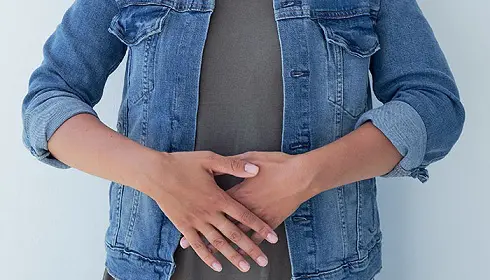After nine months of freedom from your period during pregnancy, you are bound to be curious about when your period will return. This depends on whether or not you breastfeed. It is important to note that periods after pregnancy are not the same as before and may take some time to get used to.
If a mother is not breastfeeding, her period typically returns within six to eight weeks of giving birth. If she is, then her period may take somewhat longer to return, and in cases of exclusive breastfeeding may not commence during the entire period of breastfeeding. Doctors also suggest that mothers who have had vaginal deliveries should avoid using tampons for the first few periods after birth, as it could cause some trauma to the body’s healing process.
The delay in the return of periods for breastfeeding women is because of prolactin, the hormone required to produce breast milk. It suppresses reproductive hormones and delays ovulation.
Once the period returns, it can cause a decline in the production of breast milk, and some change in its composition, as will be evident from your baby’s reaction to breast milk. These are minor changes and do not affect your ability to breastfeed your baby.
READ: Pregnancy Power Foods for Pregnancy Diet
Postpartum periods feel different from the ones before pregnancy care, as the body is readjusting itself to the process of menstruation. Some noticeable differences include stronger or lighter cramping than usual, heavier blood flow, irregularity in flow, clotting of blood, irregular cycle lengths and increased pain during menstruation. Some of these are because of an increased amount of uterine lining that needs to be shed, and with time some of these changes will cease to persist. Some of the accompanying pain is due to breastfeeding hormones, and a significantly larger uterine cavity after pregnancy.
You can expect some amount of vaginal discharge even before your period commences, and the blood is accompanied by a creamy substance that can range from white to red, called Lochia. Certain symptoms, however, are not normal and should be reported to a doctor immediately. These include bleeding lasting longer than a week, soaking through more than one pad per hour, sudden fevers, large blood clots, and pain while breathing or urinating.



